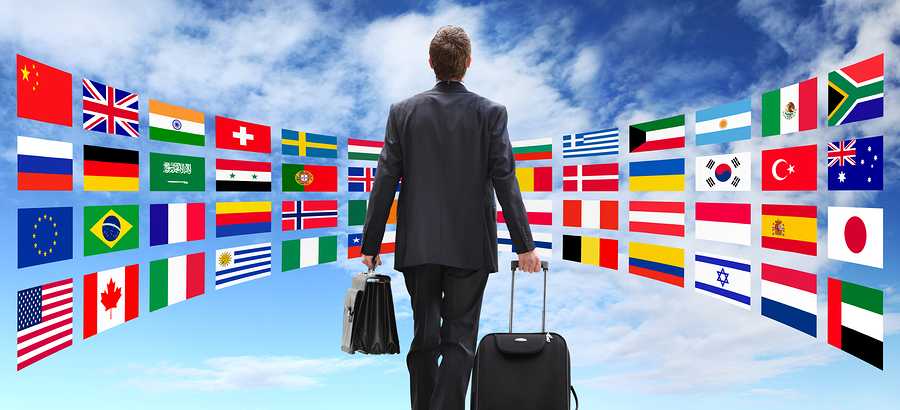Localization is the process used to adapt a product or content to a particular locality or market. Translation makes up one of the components of the process of localization. Localization is all about adapting to overseas markets through the creation of a new version of marketing material. This means not only writing in the language, but adding any culturally relevant language that fits the group that is a target of the marketing message.
Some may say that a company has no faith in its product if it has to look into a unique marketing strategy to suit a particular foreign market. It’s no doubt an incredibly expensive remodelling project, but it’s essential so a business can remain competitive. Shareholders are out to get a good return on their investments. That means to stave off a mass sell-off of shares it’s essential that any company follows in the footsteps of rivals; otherwise, sales and profitability are likely to be down.
There are some organizations that are so large and have a campaign up and running for any potential group of customers while there are others who if they don’t maintain the flow of marketing start to lose out eventually. Global organizations, without a doubt, possess a competitive advantage over organizations that have never really become global names.
However, in the end, reputable brands tend to transcend linguistic, political and cultural frontiers whatever the marketing and localisation tactics that are being used. A new player in the foreign market has to be able to extend its marketing possibilities so that it can compete with global players and it has to be able to adapt to cultural and linguistic barriers so that it is able to succeed everywhere and anywhere. The foreign market becomes the natural target eventually and the product begins to take on international status. In the end the term foreign market becomes unimportant as consumers start to purchase international products more and more whether they are manufactured in their own country or overseas.
Companies like Coca-Cola and McDonald’s fast food restaurants are the sorts of companies that have become well-known product names globally. Consumers have learned what to expect from the products from the localization campaigns that have delivered the characteristics of the product. The products do not seem foreign in a foreign market to those that seek to purchase them.




